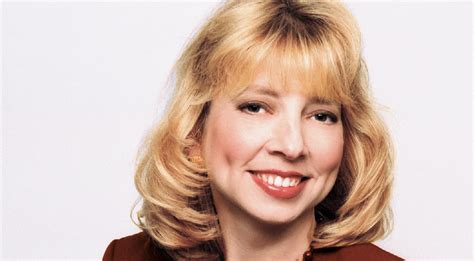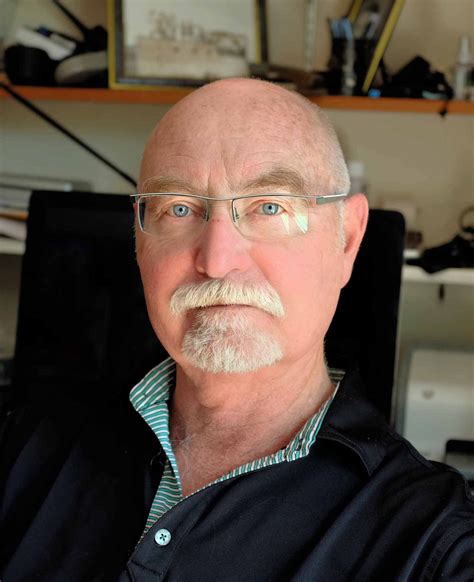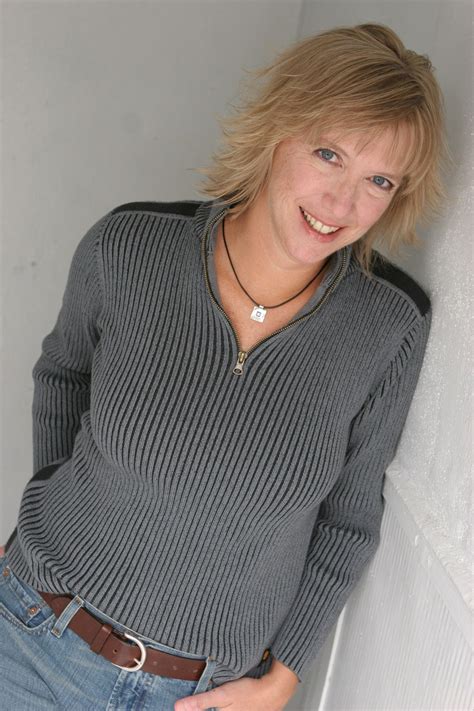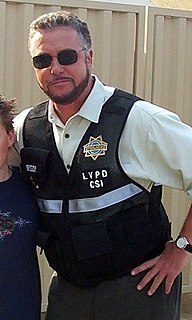A Quote by John Boyne
Children's authors don't talk down or patronise their younger readers.
Related Quotes
Anyone who writes down to children is simply wasting his time. You have to write up, not down. Children are demanding. They are the most attentive, curious, eager, observant, sensitive, quick, and generally congenial readers on earth.... Children are game for anything. I throw them hard words and they backhand them across the net.
I'm a fan of meeting readers face to face, at reader events, where we're able to sit down and take some time to talk. Too often, at regular book signings, I meet readers who have traveled six or eight hours to see me, and I'm unable to spend more than a few short minutes chatting with them as I sign books.
Teachers and librarians can be the most effective advocates for diversifying children's and young adult books. When I speak to publishers, they're going to expect me to say that I would love to see more books by Native American authors and African-American authors and Arab-American authors. But when a teacher or librarian says this to publishers, it can have a profound effect.
If the rewards to authors go down, simple economics says there will be fewer authors. It's not that people won't burn with the passion to write. The number of people wanting to be novelists is probably not going to decline - but certainly the number of people who are going to be able to make a living as authors is going to dramatically decrease.






































